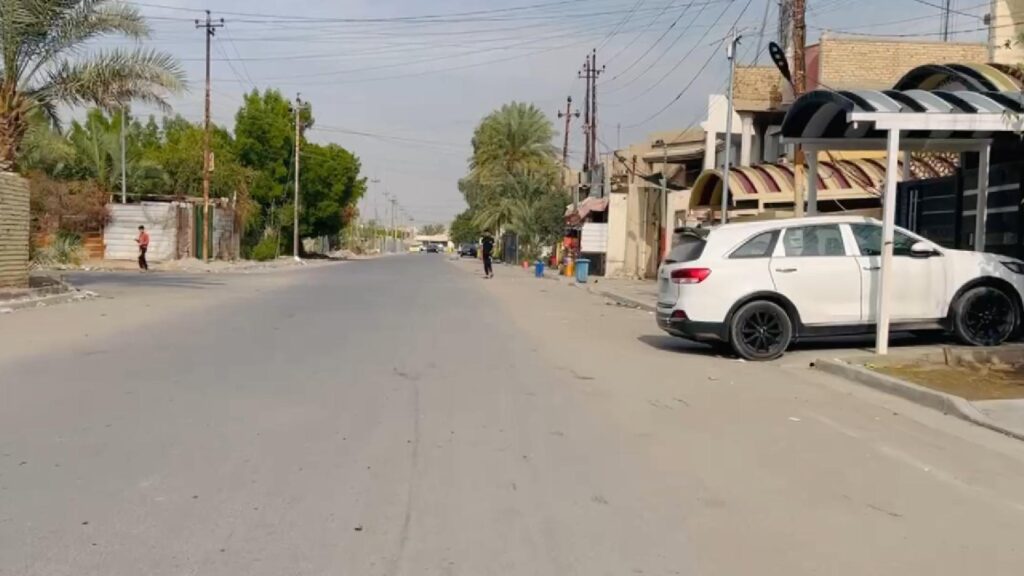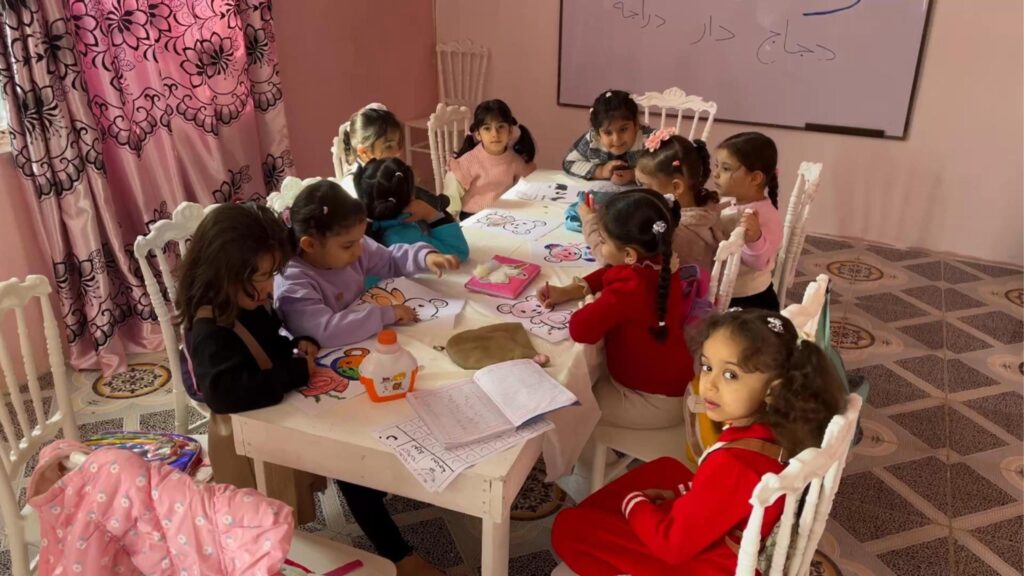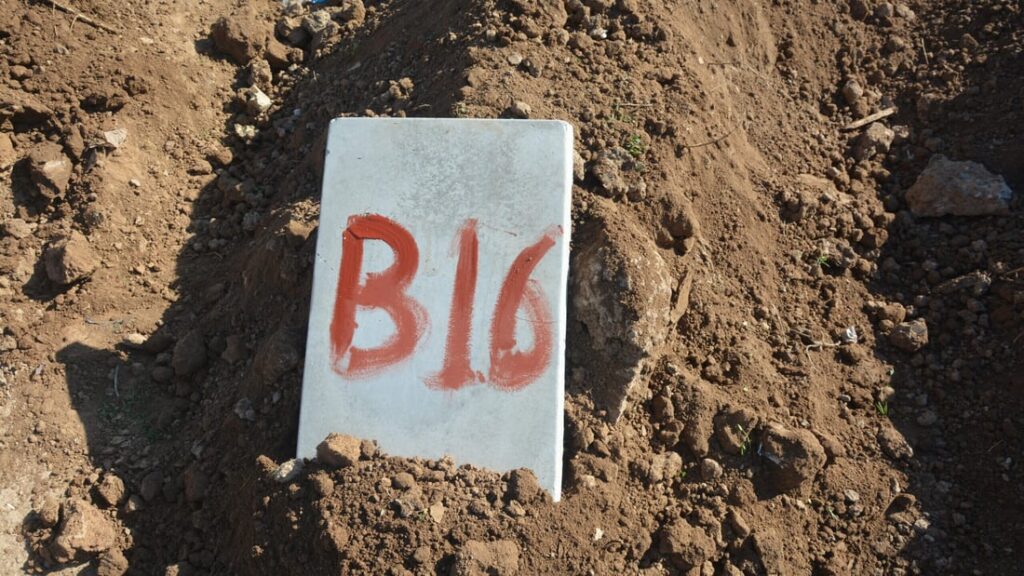The Implications of Mosul’s Ferry Drowning

Dr. Diyari Salih | Exclusive to Ekurd.net
Coinciding with the Iraqis celebrations of Spring’s coming , unexpected disaster occurred when a ferry conveying more than 200 people sank in the Tigris River near Iraqi Mosul city. That accident, resulting in many direct and accelerated consequences, led to killing as many as 100 victims, mostly children and women.
Such horrific events usually contribute to reshaping social interactions in Iraq away from sectarian mobilizations, which politicians used to exploit for their interests. To express their sympathy with the families that lost their children in that incident, many Iraqi cities lighted candles on the banks of Tigris river in the cities this river passes through. People agreed that perpetrators of this crime must be punished, and political parties must be forced to respect the right of people to have a free, dignified, and safe life. Otherwise, there will be a great revolution engulfing all Iraq to change this scene.
Now, some political parties in Mosul are trying to politicize the incident of the ferry. Many Sunni parties have accused some Shiite Popular Mobilization Forces of dominating the economic sector in this city. They also condemned these forces by saying that they do not respect the law nor the administrative contexts, confirming that these forces did not take into account the warnings that had been issued by the Department of Mosul’s Dam, which confirmed that any tourist activity must be banned due to the high level of water in this river. Ignoring that important notification left an inevitable disaster called ” The drowning of the ferry”. For their part, these forces have reiterated that these allegations are baseless, hinting that there are hostile parties working against these forces and trying to exploit this incident to force them leaving Mosul city.
Popular discontent has increased among the youth of Mosul as a result of that incident. Many angry men gathered near the place where the ferry sank to demand the federal government to take its part for preventing the occurrence of this tragedy again. When the governor of Mosul city, Nawfal Hammadi al-Sultan, came with his guards to that site, youth chanted against him and asked him to leave his post for another officer who can manage the crises of this city. Iraqi President Barham Salih faced the same difficult situation when he came to calm down the masses, who look at all the political class as a corrupt group that must not be tolerated with. All these things affirm that Mosul, as it is the case with Basra and Baghdad, is like a time bomb that might socially explode at any time and for any tiny reason.
Though Iraq is now trying to present itself to the international community as a coherent and credible state, the take place of the ferry has put it in an embarrassing situation. Iraq received many messages of condolences and sympathy from Arab and foreign leaders, but this does not change the truth: they do not believe that Iraq can become a trustful partner, and thus Iraq might not be included in any real regional alliance, as no one is ready to have a relationship with a fragile state that cannot overcome such a simple problem.
A few days after that painful incident, many local actors in Mosul called for declaring a state of emergency and the appointing of a military ruler to their city. People think that military officers are more efficient and less corrupt than politicians, and they can run the city in a better way. In return, Iraqi political parties understand that if this scenario succeeds, the others will ask to apply it in their cities. As such, people have realized that any confrontation between the military and political class will pave the way for a change they are dreaming about.
In short, we can say that Iraq today suffers from many overlapped problems in the sectors of the economy, politics, society, environment, and infrastructures. Neglecting them for more than 16 years have left many consequences and created a real setback that can only be solved through changing the way of ruling the Iraqi state. Otherwise, disasters, such as Mosul’s ferry sinking, will happen again on other occasions and in other Iraqi cities.
Diyari Salih is an Iraqi academic with a Ph.D. in Political Geography from the University of Baghdad and a Post-Doctorate in International Relations from the University of Warsaw. His research focuses on geopolitical issues in Iraq. He tweets at @DiyariFaily
The views expressed are the author’s alone and do not necessarily represent the views of Ekurd.net or its editors.
Copyright © 2019 Ekurd.net. All rights reserved
Comments






